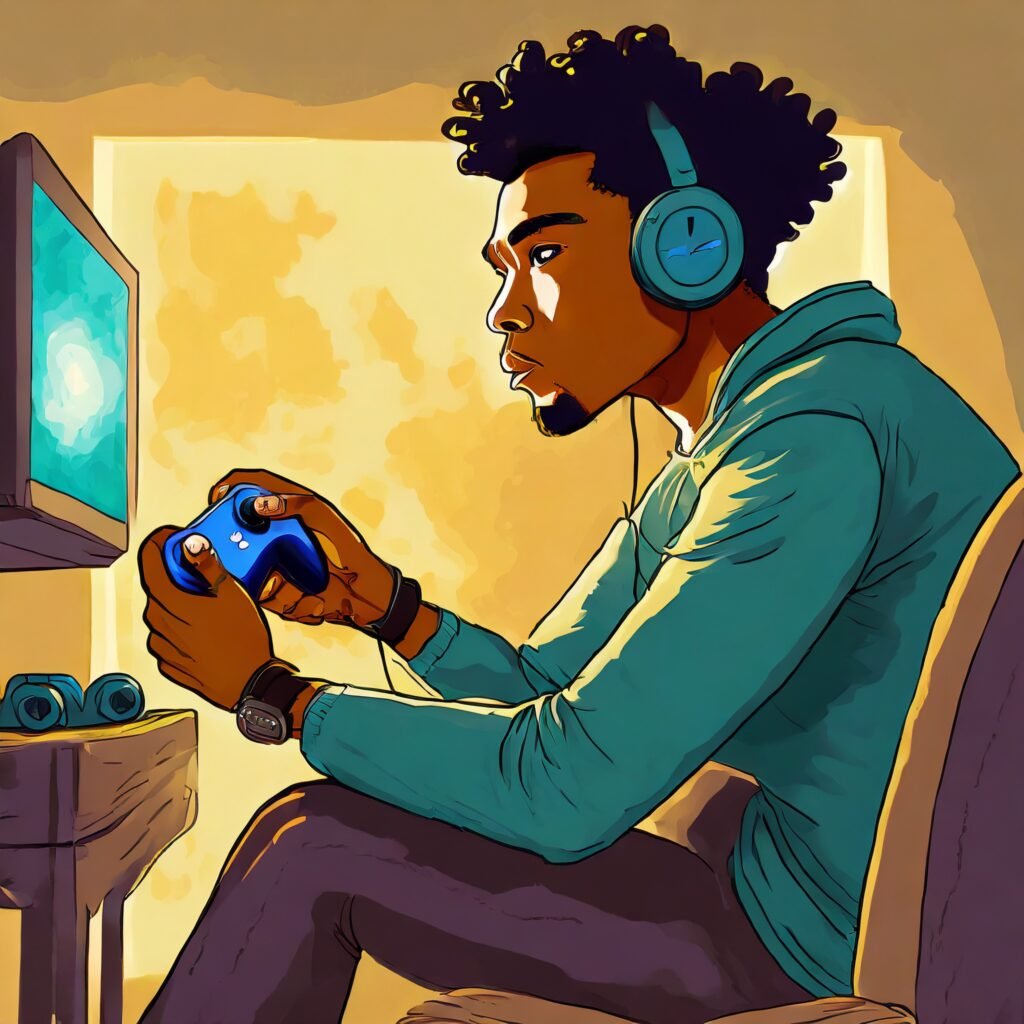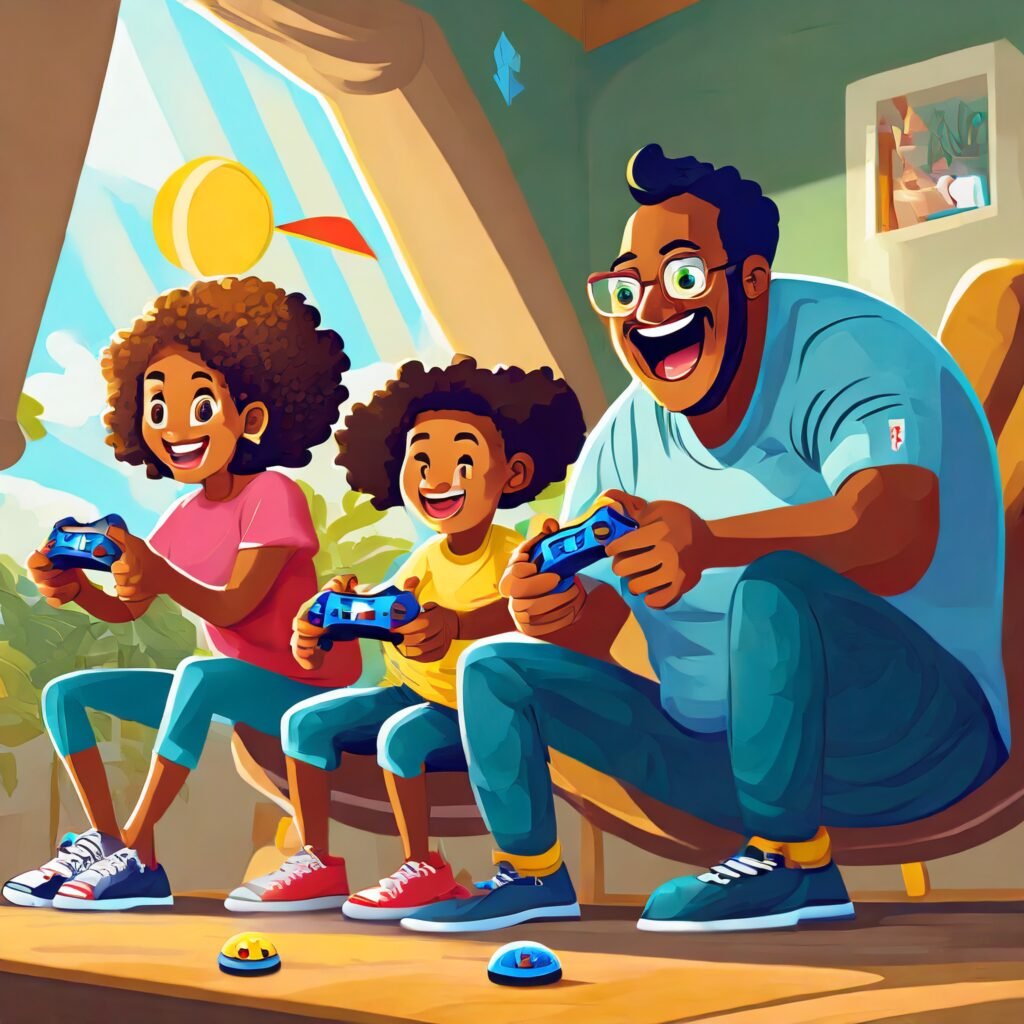In the ever-evolving landscape of entertainment, video games have become a ubiquitous part of modern culture. Beyond their role as mere pastimes, these digital realms offer a complex interplay of benefits and challenges for mental health. Let’s delve into the dual nature of video games and their impact on our psychological well-being.
The Upside: Leveling Up Mental Resilience

- Cognitive Boost: Video games, especially those requiring strategic thinking and problem-solving, can enhance cognitive functions. Players often engage in tasks that demand quick decision-making, spatial awareness, and resource management, contributing to improved cognitive skills.
- Stress Relief: Gaming serves as a powerful stress-reliever for many. Immersive gameplay can provide an escape from the pressures of reality, offering a virtual world where players can temporarily disconnect and unwind.
- Social Connection: Online multiplayer games foster social interaction and collaboration. Virtual communities provide a platform for building friendships, teamwork, and a sense of belonging, particularly important for those who may struggle with social anxiety.
- Emotional Outlet: Video games offer a safe space for emotional expression. Engaging narratives and interactive experiences allow players to explore a range of emotions, providing a cathartic outlet for stress, frustration, and even joy.

The Downside: Navigating the Game Over Screens
- Excessive Screen Time: Prolonged gaming sessions can contribute to increased screen time, potentially leading to issues like eye strain, disrupted sleep patterns, and sedentary behavior, all of which may adversely affect mental health.
- Social Isolation: While video games can facilitate online social connections, excessive gaming may contribute to real-world social isolation. It’s crucial to strike a balance between virtual and physical social interactions.
- Escapism vs. Reality: The line between healthy escapism and problematic avoidance of real-world challenges can blur. If used as a sole coping mechanism, video games may hinder personal growth and the development of essential life skills.
- Risk of Addiction: Gaming addiction, though not formally recognized in all diagnostic manuals, is a concern for some individuals. Excessive gaming can lead to neglect of responsibilities, strained relationships, and a negative impact on mental well-being.

Finding the Right Balance: Player One in Life’s Quest
In the grand quest of life, moderation is key. Recognizing and embracing the positive aspects of gaming while mitigating potential drawbacks is essential for a healthy relationship with video games. Incorporating mindful gaming practices, setting time limits, and maintaining open communication with peers and family members can help strike a balance between the virtual and real worlds.
Ultimately, the impact of video games on mental health is subjective and varies from person to person. By approaching gaming with self-awareness, responsibility, and an understanding of one’s limits, individuals can harness the benefits while mitigating potential negatives, ensuring that the journey through the gaming realm enhances rather than detracts from their mental well-being.


